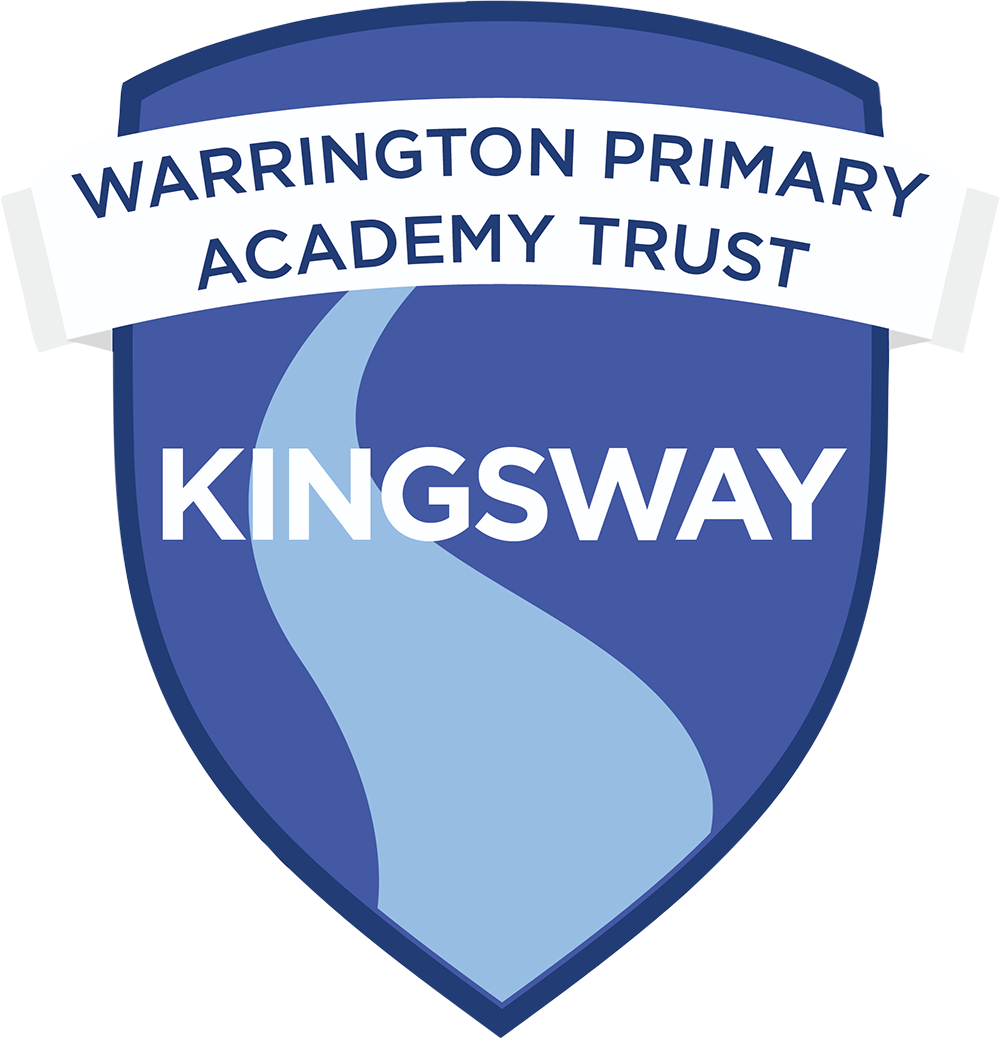Reading
Reading Statement of Intent
At Kingsway Primary Academy we promote a strong love of reading, ensuring every child becomes a reader and has access to a wide variety of texts.
We start our reading journey through phonics (Read, Write Inc) in nursery. The pupils continue to build on their phonic skills throughout EYFS and KS1, learning the 44 different sounds, reading and spellings of a variety of ‘red, tricky’ common exception words. Our phonics lessons are fun, interactive and linked to a range of phonetically decodable books and spellings.
As children become more independent with their reading, they have access to a wide range of books with a rich vocabulary. Children have many opportunities to read for pleasure, take part in instructional guided groups as well as structured, shared reading sessions in ‘Steps to Read’, where children investigate the techniques of the writer. This enables our children to make strong links between reading and writing.
Our aim is to develop a whole school love of reading, making every child a reader and developing a love of books. To promote reading for pleasure, we enjoy whole class story time for 20 minutes at the end of a school day based on the authors each class are studying. Author focus changes each half term. Children are allowed free choice from their class libraries to read at home alongside their banded/leveled book.
We offer our pupils a range of support to ensure they become successful readers. We timetable phonics interventions in KS1 and lower KS2 to support the development of key skills. Children also have access to an additional online reading programme called Reading Plus, alongside whole class shared reading lessons using Steps To Read which supports the development of oral language, reading, spelling and writing skills and is personalised to each child’s needs. In KS2, Fresh Start is used to provide specific intervention for spelling and reading, keeping in line with Read Write Inc.
We encourage all our pupils to read widely across both fiction and non-fiction and to listen to teachers modelling reading to develop their knowledge and vocabulary. This allows access to texts which they may not choose the read for themselves.
It is our intention to ensure that, by the end of their primary education, all pupils are able to read fluently, and with confidence, in any subject in their forthcoming secondary education, as well as having a personal enjoyment of reading.
